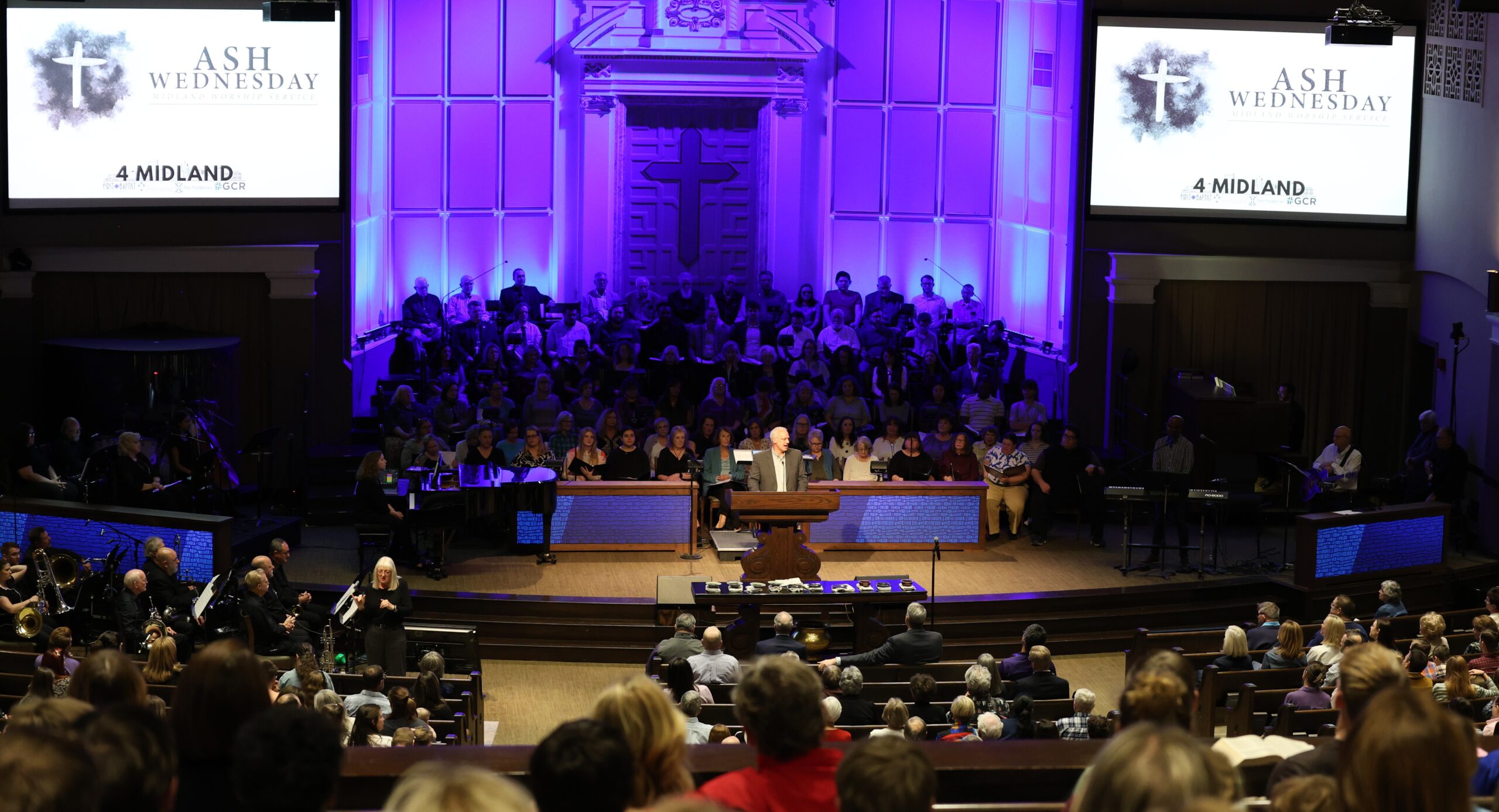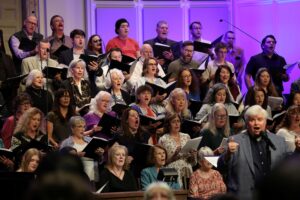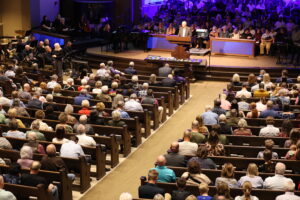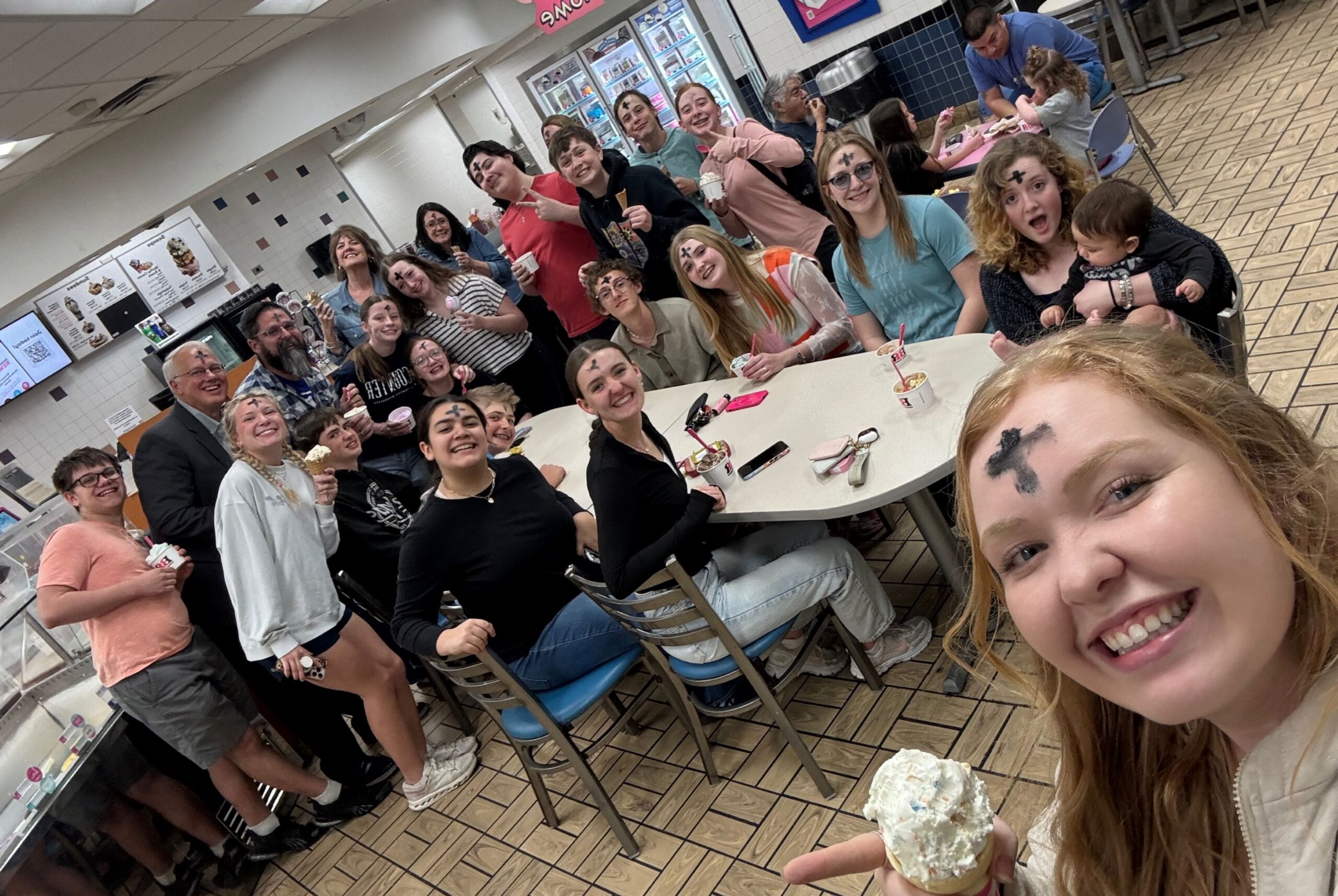I’m a big fan of Russell Moore and his writings for Christianity Today. I highly recommend you read his article about how war forms us. All war is hell, in every case. And even though Midland, Texas is over 7,400 miles away from Tehran, Iran, this war between the U.S. and Israel and Iran is going to shape us. Moore cautions us to check our attitudes when it comes to the current conflict in the Middle East.
~~~~~~~~~~~~~~~~~~~~~~~~~~~~~~~~~~~~
When John the Baptist was baptizing people in the Jordan River, there were some standing on the shores who were not jumping in. It appears that they were just observing from the side. They were just watching. And John says, “That’s fine; that’s your call. What God is doing is not going to be slowed down one bit by whether you decided to jump in or not. I tell you that out of these stones God can raise up children! (Luke 3:8)
Our God’s greatest desire is to create a family to live in perfect relationship with him and one another forever. God is so committed to this goal that, if nobody wants to jump in to this eternal family, he will raise up sons and daughters from the rocks along the banks of the Jordan River! That’s how determined for this he is!
Our God is so determined to create this family that he gave up his only biological Son to make it happen. That’s how committed to this he is. He sacrificed his only Son to build a forever family that’s not based on genetics or DNA or last names, but on the gift of love and grace from God and the blood of the Son that completely washes clean all of God’s dearly loved children. Romans 9 says it’s not the natural children who are God’s children, it’s the children of the promise. The promise is that God will create this eternal family, where everybody belongs together, everybody’s related, no barriers, no restrictions, no distinctions; where everybody is equally loved and nurtured and cared for. That’s the promise. That’s the goal. And that’s what our Lord Jesus did on the cross.
From the cross, Jesus is literally creating this family of God. He looks down from the cross and sees his mom and one of his dearest followers and he says, “Dear woman, here is your son. Son, this is your mom.”
Jesus isn’t saying, “Hey, do me a solid and take care of my mom while I’m away.” He’s saying, “Mother, I’m giving you a new family. Friend, I am giving you a new family.” Jesus is creating God’s family on the cross. The One who never married and never had kids is now giving birth to a new family that stretches the earth from end to end and has turned the whole world upside down. The Church. You and me. Us. The family of God. The children of God’s promise.
When you become a Christian, when you give your whole life over to God through Jesus, you are joined into that family. An eternal people born of water and Spirit, a family bigger and better than your biological family, a world-wide barrier-breaking family of God where we eat and drink and share and accept and carry each other’s burdens together. Where we rejoice and mourn together. Where we support and encourage and grow and work and bless and love together. If you’ll say ‘Yes’ to being adopted, if you’ll give yourself to it and really embrace the Church as the family of God, it’ll be the best thing that’s ever happened to you.
Peace,
Allan

















Recent Comments